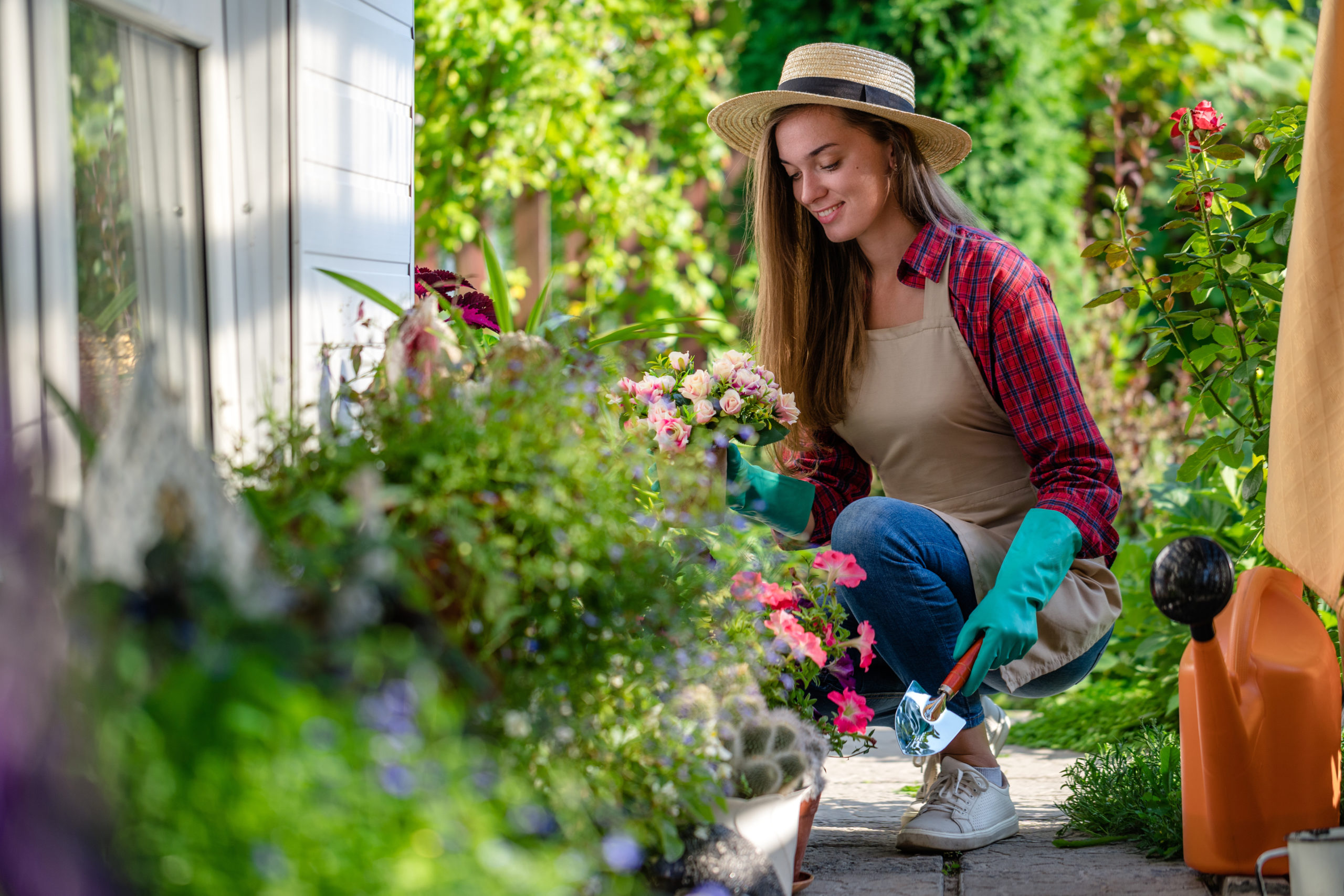Did you know that the average person has a huge environmental impact? We often don’t think about the things we do every day that harm the environment. But there are many things we can do to help make a difference.
In this article, we will discuss 7 easy ways that you can help the environment and make a positive impact on our planet.
1. Plant a garden to reduce your reliance on grocery stores
In these uncertain times, many people are looking for ways to reduce their reliance on grocery stores and become more self-sufficient. One way to do this is by planting a garden. Not only will this provide you with fresh fruits and vegetables, but it will also help the environment in many ways.
For starters, growing your own food requires far less energy than producing and transporting food from commercial farms. In addition, gardening can help to improve soil health and increase biodiversity. And perhaps best of all, gardening is a great way to get outside and enjoy some fresh air. So, if you’re looking for a way to reduce your reliance on grocery stores and help the environment, consider planting a garden.
2. Bring your own shopping bags to the store to avoid using plastic or paper bags
It’s estimated that one trillion plastic bags are used each year worldwide, and that number is only increasing as our dependency on single-use plastics grows. Plastic shopping bags are a major contributor to this problem, as they are used for just a few minutes but can take years to break down.
Paper bags are a major source of pollution, as they generate large amounts of waste in the manufacturing process. Fortunately, there is a simple solution to this problem: bring your own shopping bags to the store. Reusable shopping bags can be made from a variety of materials, including cloth, bamboo and even recycled plastics.
They are stronger than disposable bags so you don’t have to worry about them tearing or breaking. And best of all, they can be reused, significantly reducing the amount of waste that ends up in landfills. So next time you head to the store, remember to bring your own shopping bags and do your part to reduce pollution.
3. Recycle everything you can
As most people know, recycling is important for the environment. Every day, we are bombarded with advertisements, newspapers and packaging. It can be tempting to just throw it all away, but by taking the time to recycle, we can make a big difference. Recycling helps to conserve resources, reduce pollution and save energy.
Plastics can be recycled into everything from playground equipment to car parts. Glass can be recycled many times. And even food scraps can be composted to create a healthy soil amendment. So next time you’re about to toss something in the trash, think about whether it could be recycled instead. You may be surprised at how easy it is to make a positive impact.
4. Use less water when brushing your teeth or taking a shower
When it comes to conserving water, every little bit helps. One of the easiest ways to use less water when brushing your teeth or taking a shower is to turn off the faucet while you are brushing or shampooing. Reducing the amount of time you spend under the running water can significantly cut down on the amount of water that you use during these activities.
In addition, using a more efficient toothbrush, such as one with an angled head and extra-soft bristles, can help you to clean your teeth more effectively with less wasted movement. To further reduce your water usage, consider investing in a low-flow showerhead or rain barrel for washing your outdoor spaces. Whether you choose to consciously make small changes like these or commit to larger measures like installing new appliances and fixtures, every step toward conserving water will ultimately benefit us all in the long run.
5. Turn off electronics when they’re not in use
Much of the world runs on electricity, and it has become increasingly easy to keep electronics turned on and in use at all hours of the day. While this convenience is nice, it also comes at a cost.
Keeping electronics turned on when they’re not in use can waste a significant amount of electricity, and that wasted electricity translates into higher bills and increased carbon emissions. In addition, leaving lights and TVs on in empty rooms can be a safety hazard. To save money and reduce your carbon footprint, make a habit of turning off electronics when you’re not using them. You’ll be surprised how much difference it can make.
6. Take public transportation or ride your bike instead of driving
Cars are a convenient way to get around, but they come with many environmental and health concerns. For one thing, cars emit harmful pollutants into the air, contributing to smog and climate change. In addition, cars are a major source of noise pollution, which can lead to stress and sleep disorders.
On the other hand, public transportation and biking are much friendlier to the environment. Public transport vehicles run on electricity or clean-burning fuels, and they emit far less pollution than cars. Biking is an even more efficient way to travel since it doesn’t use any fuel at all.
Moreover, biking and walking are great forms of exercise that can help improve your health. So, next time you’re planning a trip, think about taking public transportation or riding your bike instead of driving. It’s better for your health and the environment!
7. Go solar!
Solar power is a valuable renewable energy resource that can help the environment and save you money on your electricity bill. Plus, solar panels can increase the value of your home. And if you combine solar panels with solar battery storage you can save the energy your panels generate to use later, like during power outages.
We hope you found these tips helpful and will consider implementing at least a few into your everyday routine. Every little bit helps, and if we all do our part, we can make a big difference to the environment.
If you are interested in going solar, contact us today!



Recent Comments